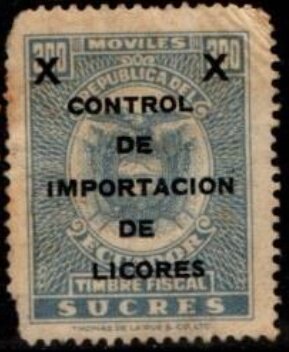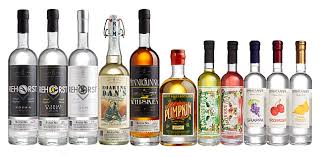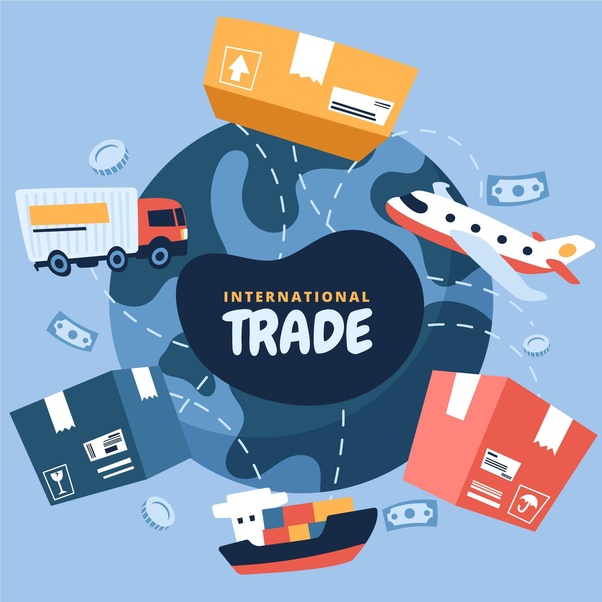Stamp: Coat of Arms, overprinted (Ecuador 1970)
Coat of Arms, overprinted (Ecuador 1970)
01 January (Ecuador ) within release Revenues: Liquor Import control stamps goes into circulation Stamp Coat of Arms, overprinted face value None No Face Value
| Stamp Coat of Arms, overprinted in catalogues | |
|---|---|
| Colnect codes: | Col: EC 1970-LI1 |
Stamp is square format.
Printed by Thomas De La Rue & Co., London. Revenue stamp overprinted in black. Date of issue is uncertain.Also in the issue Revenues: Liquor Import control stamps:
- Stamp - Fuerza Publica stamp, overprinted face value None;
- Stamp - Coat of Arms, overprinted face value None;
|
Data entry completed
50%
|
|
|---|---|
| Stamp Coat of Arms, overprinted in digits | |
| Country: | Ecuador |
| Date: | 1970-01-01 |
| Emission: | Revenue |
| Format: | Stamp |
| Face Value: | None No Face Value |
Stamp Coat of Arms, overprinted it reflects the thematic directions:
A coat of arms is an heraldic visual design on an escutcheon (i.e. shield), surcoat, or tabard. The coat of arms on an escutcheon forms the central element of the full heraldic achievement which in its whole consists of shield, supporters, crest, and motto. A coat of arms is traditionally unique to an individual person, family (except in the United Kingdom), state, organisation or corporation.
Liquor (/ˈlɪkər/ LIK-ər) is an alcoholic drink produced by the distillation of grains, fruits, vegetables, or sugar that have already gone through alcoholic fermentation. Other terms for liquor include: spirit, distilled beverage, booze, spirituous liquor or hard liquor. The distillation process concentrates the liquid to increase its alcohol by volume.As liquors contain significantly more alcohol (ethanol) than other alcoholic drinks, they are considered "harder." In North America, the term hard liquor is sometimes used to distinguish distilled alcoholic drinks from non-distilled ones, whereas the term spirits is more commonly used in the UK. Some examples of liquors include vodka, rum, gin, and tequila. Liquors are often aged in barrels, such as for the production of brandy and whiskey, or are infused with flavorings to form flavored liquors, such as absinthe.
Trade involves the transfer of goods and services from one person or entity to another, often in exchange for money. Economists refer to a system or network that allows trade as a market.



